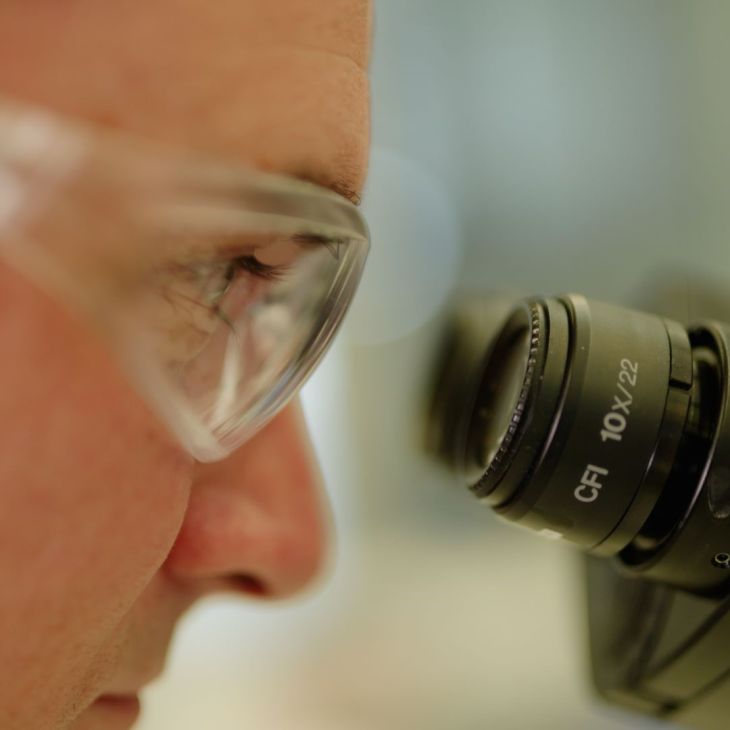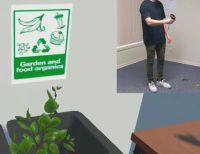29 April 2024
Clever bio-inks that sit inside the human body and restore damaged neurons could cure a whole swathe of diseases in the next 20 years: conditions that have baffled scientists and clinicians for centuries.
Think blindness, deafness, chronic pain, epilepsy, motor neurone disease, and Parkinson’s disease.
According to University of South Australia materials engineer Associate Professor Matthew Griffith, these ‘incurable’ diseases are all linked to misfiring neurons that humans have not been able to control.
However, new technology being developed by Dr Griffith and his team at UniSA’s Future Industries Institute could overcome these obstacles, offering hope to billions of people around the world.
The researchers are creating carbon-based biocompatible inks printed into soft flexible devices that can be surgically implanted, electronically communicating with the neural network on demand.
“The aim is to reprogram injury and diseases out of existence by printing cheap, electronic devices that can talk to our bodies in a language it understands,” Dr Griffith says.
“Damaged or misfiring neurons have catastrophic consequences, resulting in blindness, paralysis and a whole host of neurological disorders that we have not been able to cure.
“We believe we can change this by developing clever, organic electronic inks, which we can 3D print into flexible devices that are able to talk to neurons, grow new nerve cells and create artificial neural interfaces.”
Current technologies being deployed for neurological conditions and blindness include deep brain stimulation and artificial retinas. However, they have had limited success because the electrodes are made from hard, inflexible materials like metals and silicon that have poor biocompatibility.
Around three billion people suffer from neurological conditions worldwide; another 200 million are blind; and one in five people live with chronic pain. All are related to neurons misfiring, resulting in undesirable changes to the brain, senses, and behaviour.
“To help guide our research, we talk to a lot of patients that are affected by these disorders, and a lot of clinicians trying to treat them. What we are all excited about as we work together on this journey is the potential to cure these diseases for the first time in human history.”
A video explaining the technology can be viewed here: https://youtu.be/3mDpXosDTdQ
…………………………………………………………………………………………………………………………
Media contact: Candy Gibson M: 0434 605 142 E: [email protected]
Researcher: Dr Matthew Griffith E: [email protected]
















